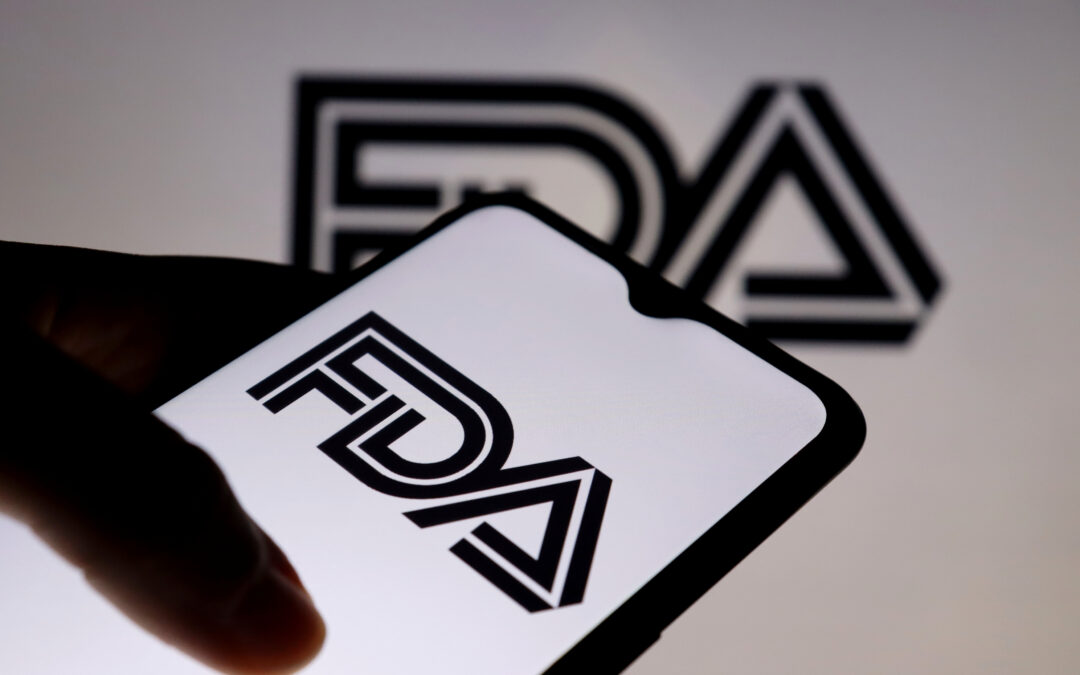LDT Regulations from a Human Factors / User Studies Perspective
At the end of April 2024, the FDA finalized its rule on Laboratory Developed Tests (LDTs), ending decades of enforcement discretion. This shift mandates comprehensive compliance for LDTs, categorizing them as in vitro diagnostic devices. The transition spans four years across five phases, requiring labs to meet stringent requirements, from medical device reporting to quality system regulations.
Key Highlights of the FDA LDT Rule
- Phased Compliance: Labs must progressively adopt FDA regulations, ensuring a structured adaptation.
- Stage 1 (May 6, 2025) labs must implement procedures for Medical Device Reporting (21 C.F.R. Part 803), Corrections & Removals (21 C.F.R. Part 806), and Complaint Handling (21 C.F.R. § 820.198)
- Stage 2 (May 6, 2026) labs must register with FDA and list each LDT (21 C.F.R. Part 807), comply with FDA labeling requirements, and follow investigational device requirements for clinical investigations
- Stage 3 (May 6, 2027) labs must comply with Quality System (QS) requirements, including design controls, purchasing controls, acceptance activities, and corrective and preventive actions (CAPA).
- Exceptions: Specific LDTs, such as those within the Veterans Health Administration and Department of Defense, retain some enforcement discretion.
SoundRocket’s Role in LDT Development
SoundRocket specializes in human factors, user comprehension, and label comprehension studies critical for LDTs’ FDA submissions. Our expertise ensures that your devices meet the regulatory standards efficiently.
How We Support Your Compliance Journey:
- User and Label Comprehension Studies: Ensuring users understand your LDTs’ labeling and instructions is critical for meeting FDA requirements. Learn more
- Self-Selection Studies: Where it is relevant and appropriate to do, we can help evaluate if users can appropriately choose to use your LDT based on the provided information. Read about our approach
- Simulated Use Studies: Assess your tests’ real-world usability to ensure they are user-friendly and effective. Discover our simulated use studies
Regulatory Guidance: While we are not certified regulatory experts, we recommend consulting with one. We can help identify a suitable expert for your needs. Connect with our network
Diverse Data Collection Methods
Our expert study design methodologists help you design the right study with an appropriate methodology for your LDT. We offer a range of data collection methods, including:
- In-person or Virtual Moderator-Guided Data Collections: Conducted by experienced moderators to ensure robust data quality.
- Virtual Self-Administered Data Collections: Providing flexibility and convenience for participants.
- Hybrid Efforts: Combining both approaches for comprehensive insights.
Visit our services page for more details on how SoundRocket can assist your transition to compliance under the new FDA rule.
Experience With a Wide Range of Participant Populations
Given our academic social science history, there are very few populations with which we have not engaged in a study. However, we specifically have had experiences with numerous relevant populations, which are often the target of FDA user studies. These include:
- Consumers / Patients
- Healthcare Professionals / Caregivers
- Physicians (MD / DO)
- Physician Assistants (PAs)
- Nurse Practitioners (NPs)
- Caregivers
This diversity is crucial for testing LDTs to ensure they are comprehensible and effective across all user groups.
Apply SoundRocket’s Experience with Direct-to-Consumer Genetic Health Risk Test Studies to your LDTs
SoundRocket has extensive experience in conducting FDA user comprehension studies for direct-to-consumer genetic health risk (GHR) tests. We supported Ancestry.com in achieving FDA authorization for their GHR test using innovative live televideo interviews, which became the norm during the pandemic. This ensured compliance with stringent FDA requirements despite the challenges posed by COVID-19. Our work in this area has established us as a trusted partner in navigating the complex regulatory landscape of GHR and LDT submissions.
Read more about our experiences and thoughts about genetic health risk tests:
- The FDA 510(k):Bringing a New Genetic Test Directly to Consumers (Part 1)
- The FDA 510(k): Bringing a New Genetic Test Directly to Consumers (Part 2)
- The Trouble with UNinformed Consent in Direct-to-Consumer Genetic Testing
- Direct-to-Consumer Polygenic Risk Scores Move Towards FDA Regulation
Why Choose SoundRocket?
- Proven Expertise: Experience in FDA submission support.
- Tailored Solutions: Custom studies designed to meet specific regulatory requirements.
- End-to-End Support: From initial study design to final submission, ensuring a smooth compliance journey.
Embrace the new regulatory landscape with confidence. Partner with SoundRocket to ensure your LDTs comply and excel under the FDA’s new rule. For more information on the FDA’s final rule on LDTs, visit the FDA’s LDT Guidance Page.
Schedule a call with one of our user comprehension experts today to learn more.
See How Successful FDA Regulatory Studies Are Done
Planning a 510(k) submission? Download real study summaries from SoundRocket to see how our research led to FDA clearance.
User Comprehension Study
AncestryDNA Factor V Leiden Genetic Health Risk Test
Label Comprehension & Human Factors Studies
AncestryDNA Saliva Collection Kit
Self Selection Study
FERTI-LILY Conception Cup

